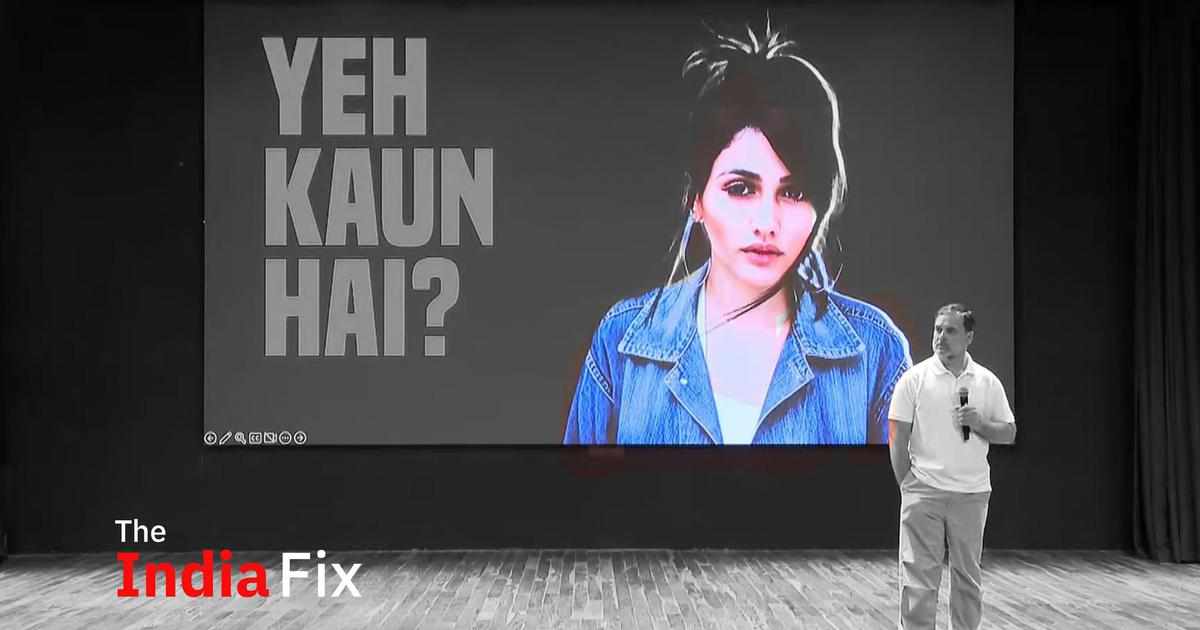
Welcome to The India Fix by Shoaib Daniyal. A newsletter on Indian politics.
As always, if you’ve been sent this newsletter and like it, to get it in your inbox every week, sign up here (click on “follow”).
A few weeks before the Bihar Assembly elections, Rahul Gandhi criss-crossed the state – not to campaign for the polls but to allege they were rigged.
On November 15, the results were announced. The Bharatiya Janata Party’s National Democratic Alliance had swept the polls. Despite significant economic distress in Bihar and a long run for the incumbent chief minister, the Opposition was crushed.
The Congress used its defeat to say that it had been vindicated. “Without doubt the election results in Bihar reflect vote chori on a gigantic scale – masterminded by the PM, the HM, and the Election Commission,” tweeted Jairam Ramesh, the party’s communications head.
Oddly, the party provided little proof to back up such a grave charge. This raises some important questions. How did the party determine that fraud had led to this result almost hours after votes had been counted? Did this mean the Congress suspected this level of fraud before the election itself? And if that was indeed the case, why did it take part in a fixed match that it was sure to lose?
What is the end game?
The Congress has been raising allegations of election fraud for some time now. A great many of its accusations have hit home, pointing to serious issues in India’s electoral rolls. This is happening even as the Election Commission is now carrying out a so-called special intensive revision to purportedly remove non-Indians on the voter list (even though the Bihar SIR discovered almost no foreign migrants).
Yet, as the Bihar elections show, this now raises the question: what is the Congress’s end game? Will it continue to simultaneously take part in elections even as it accuses the Election Commission and the BJP of fraud? Or will pressure build on it to boycott elections that it anyway deems fixed?
Unfortunately for India’s Grand Old Party, there are no easy answers.
Each time the Congress raises allegations of election fraud, it creates expectations that the party will boycott elections. After all, why take part in a contest one is sure to lose? If it truly believes India’s elections are rigged, the best way to draw attention to them might be a boycott. India’s oldest political party and one that has ruled the country for most of its existence boycotting elections would send a shock wave through the country and even internationally.
Of course, real-life politics is more complex. For one, election rigging in India, if it is taking place, is likely a fine-tuned operation. In my opinion, the most cogent model of vote rigging was provided by economist Sabyasachi Das, who rigorously analysed Indian election data to suggest that it is possible that the BJP is rigging close contests through a combination of vote list fraud as well as voter suppression on the date of the vote. Read a breakdown of his paper in an older India Fix.
If this model holds, it is not like the Opposition can never win an election. It just means that the bar is raised for the Opposition even as it is lowered for the BJP. Elections would be an unequal playing field rather than an iron-clad result determined solely by alleged rigging.
Indeed, in states in which the Opposition is very strong, Das’ “close-contest” model suggests that the BJP would be unable to even theoretically rig an election. We can see an example of this in the West Bengal 2021 Assembly election in which the Trinamool won nearly 3X the number of seats of the second-largest party, the BJP. Even if the BJP were to, say, rig close-contest seats as per Das’ mode, the Trinamool’s lead is so huge, it would not make a difference to who forms the government.
More harm than good
This means that in many states where the BJP is weak, election boycotts would actually harm the Opposition. This also means that any united front is impossible. Even if, say, the Congress were to boycott, it makes little sense for the Dravida Munnetra Kazhagam in Tamil Nadu and Trinamool Congress in West Bengal to join them.
Second, is the stark example of Bangladesh. Faced with widespread poll rigging by the ruling Awami League, the main Opposition force, Bangladesh National Party boycotted elections in 2014. This is now universally seen to be a strategic mistake.
Prime Minister Sheikh Hasina’s strong control over the police as well as media meant that the Bangladesh National Party was simply shut out by the Awami League. Its cadre was decimated and Hasina ruled unchecked (till a popular revolution unseated her in 2024). It is likely that Indian Opposition parties, with weak cadres and pockets, would also be unable to sustain pressure on the government in the event of a boycott and would simply be left out in the cold.
The upshot of all of these hypothetical scenarios for the Congress is that the party’s vote chori allegations have an expiry date. If the party keeps on running with vote chori (even if the allegations have a ring of truth to them), its supporters will eventually look to the party to take further steps beyond simply throwing accusations around.
If that does not happen, beyond a point it will end up harming the party. Some of its supporters will stop believing its allegations. The ones that do might eventually end up boycotting polls altogether, seeing them as pointless in a fixed system – thus making the Congress’ position even weaker.
We welcome your comments at letters@scroll.in.

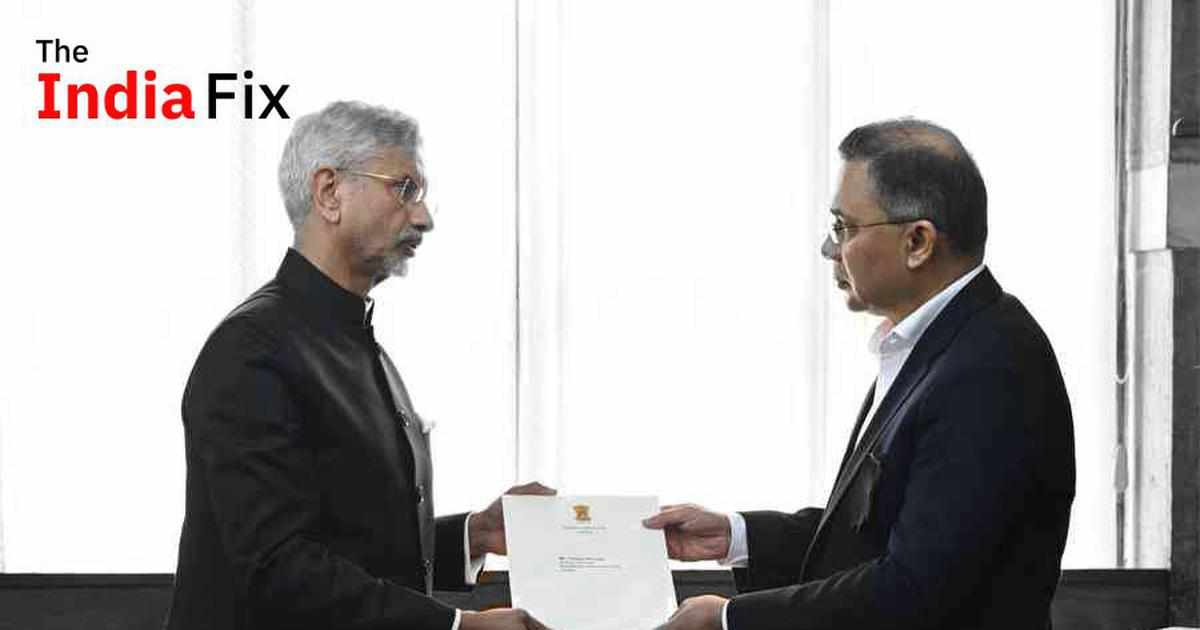

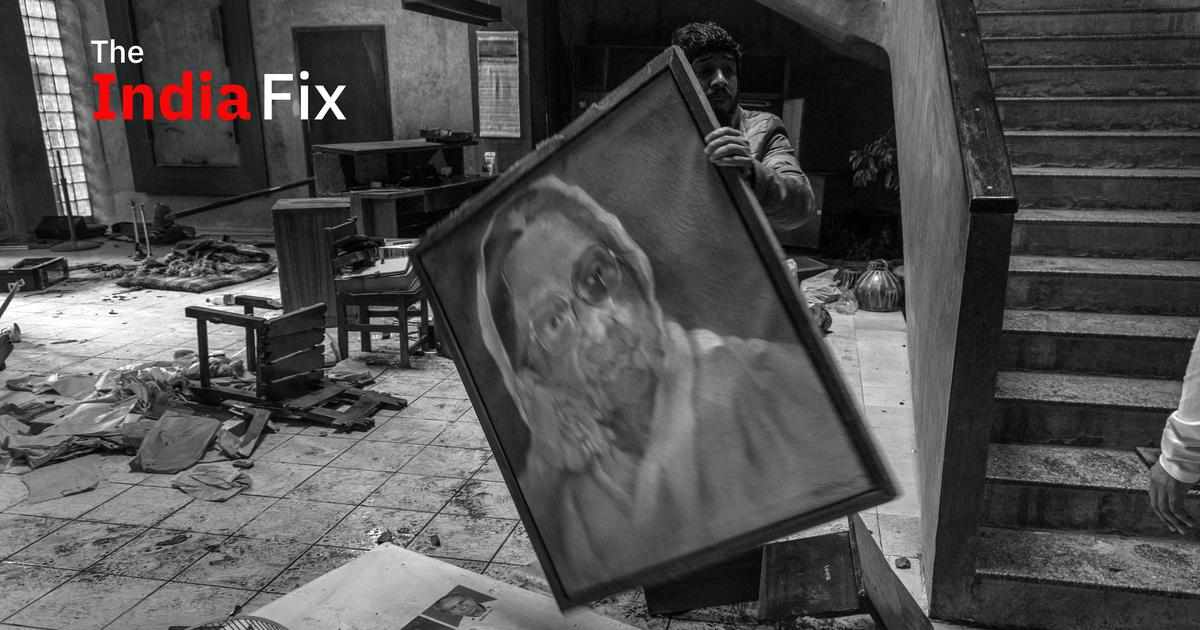
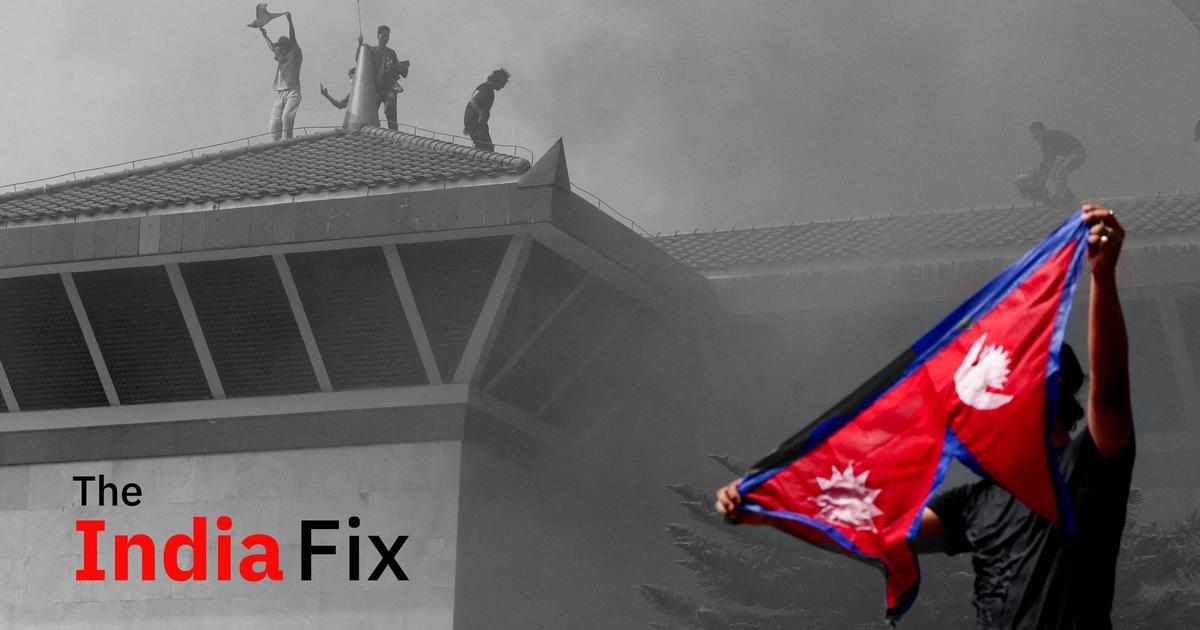
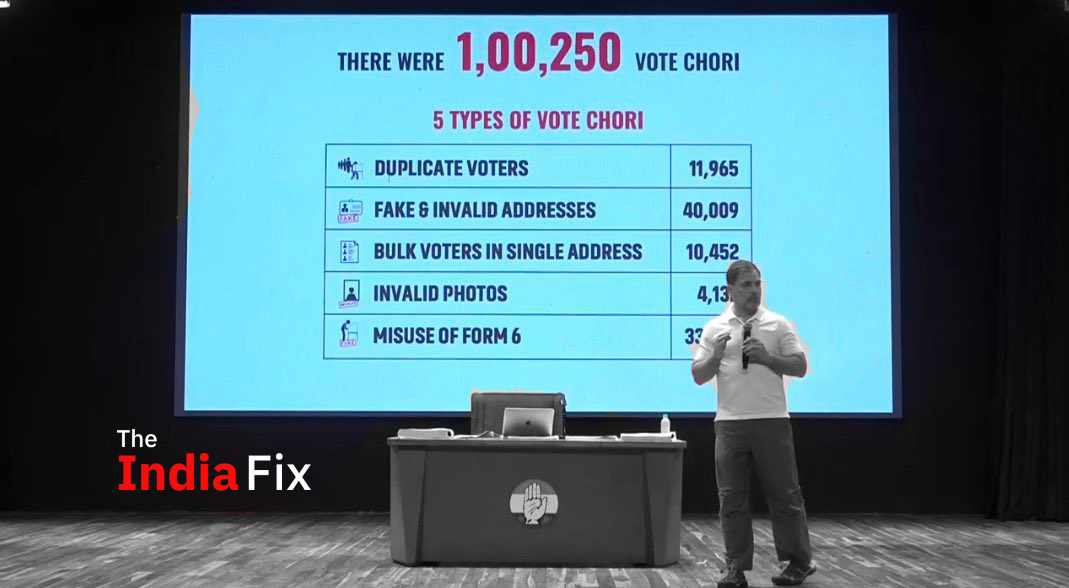















Write a comment ...